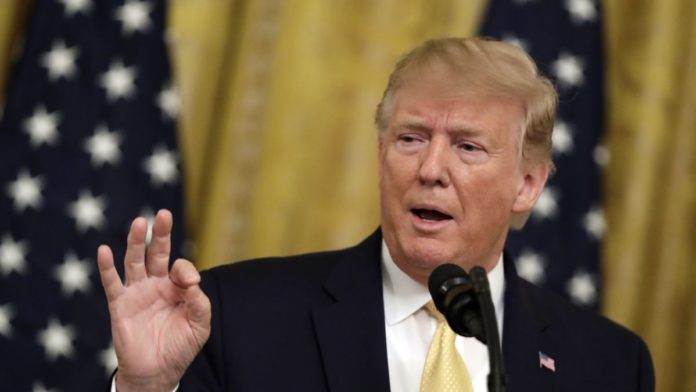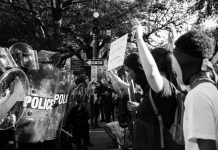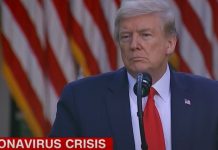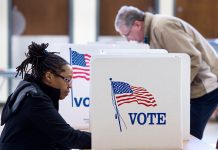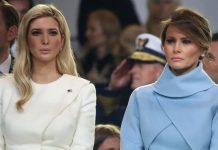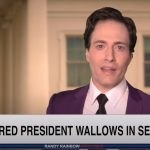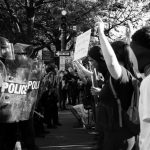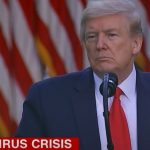At the so-called “social media summit” held Thursday at the White House, President Donald Trump whined about Twitter keeping him from getting more followers, showered right-wing conspiracy theorists who pretend to be journalists with praise, and attacked mainstream reporters who dare to tell the truth about his words and actions.
Though the event was supposed to be a celebration of the First Amendment and free speech, the president instead used it to suggest that anyone in the mainstream media he disagrees with shouldn’t be protected by the First Amendment, commenting:
“See, I don’t think that the mainstream media is free speech either because it’s so crooked. It’s so dishonest. So to me, free speech is not when you see something good and then you purposely write bad. To me, that’s very dangerous speech, and you become angry at it. But that’s not free speech.”
Actually, that’s the very essence of free speech: Protecting even the ideas that you object to the most. As AlterNet notes:
“Protections for the media are embedded in the fundamental right to free speech as outlined in the Constitution. The First Amendment prevents the government from “abridging the freedom of speech, or of the press.” The principle of free speech doesn’t just cover the press when the president likes what reporters say. Indeed, reporting that public figures and government officials don’t like is the paradigmatic example of protected free speech in the United States.
But perhaps Thomas Jefferson put it best:
“Were it left to me to decide whether we should have a government without newspapers or newspapers without a government, I should not hesitate a moment to prefer the latter.”
Trump’s remarks were not well-received on his favorite social media platform:
The creepiest comment came when Trump said that any mainstream media that he thinks are biased against him are not protected by free speech.
— JJ MacNab (@jjmacnab) July 11, 2019
THis is why a poll found nearly 50% of Trumpers would support Trump if he closed down media outlets for being unfair to Trump: Trump Says It’s Not Free Speech to ‘Write Bad’ About ‘Something Good’: That’s ‘Dangerous Speech’ https://t.co/gOwTtWlLbH via @mediaite
— (((DeanObeidallah))) (@DeanObeidallah) July 11, 2019
This is just a blatantly false notion of what is or isn’t “free speech” and that it was said at an event purportedly in opposition to social media censorship is deeply embarrassing. https://t.co/r91qlPF8Rg
— Sarah McLaughlin (@sarahemclaugh) July 11, 2019
Only Trumpies have free speech. That should frighten all! “To me free speech is not when you see something good and then you purposely write bad,” he insisted. “To me that’s very dangerous speech, and you become angry at it. But that’s not free speech.” https://t.co/9liIeEkQnm
— Kerry Drury (@Lisianthus) July 12, 2019
Free speech is only free when even the most objectionable ideas are allowed to flourish.
Featured Image Via The White House


